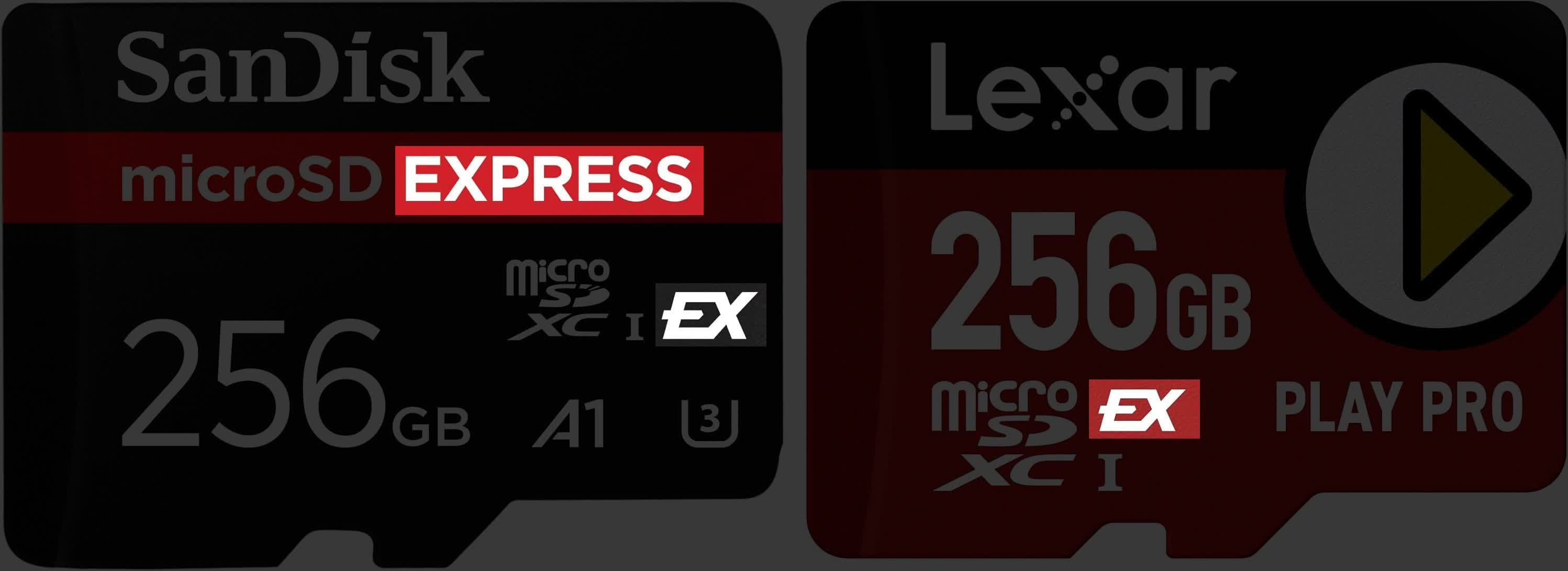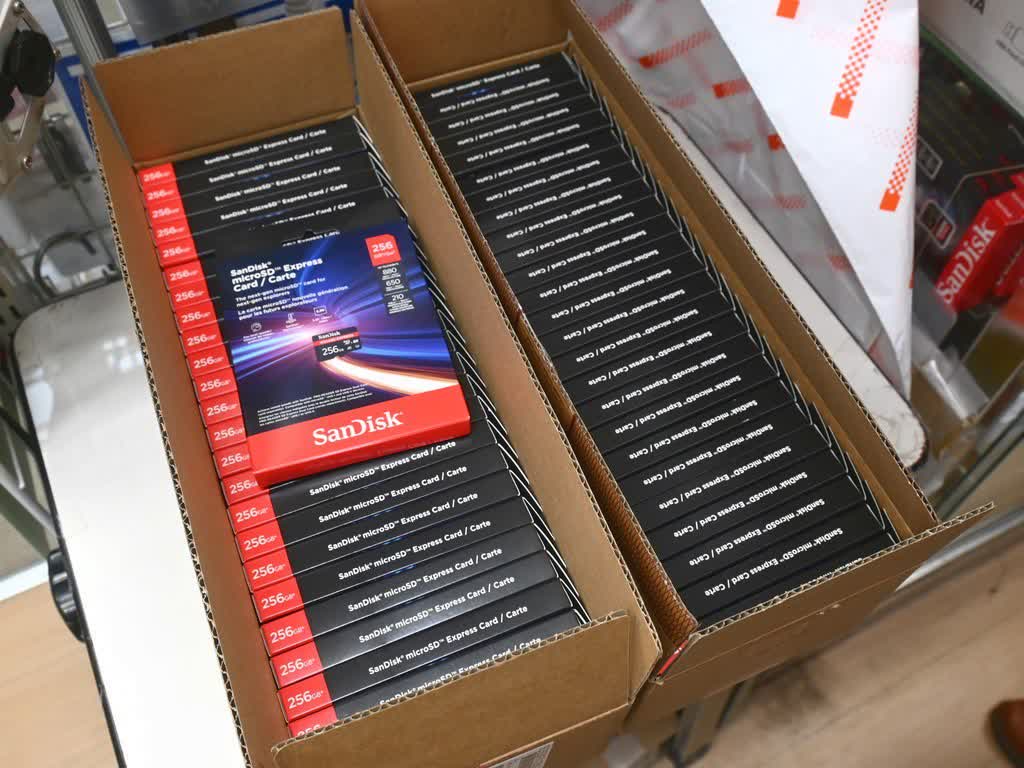Why it matters: The SD Express standard for memory cards initially debuted in 2018 but has seen virtually no use because most devices don’t meet its bandwidth specifications. The Nintendo Switch 2 might be the first widely available product that requires microSD Express, and its unveiling has already sparked a substantial sales spike for the format.
Hermitage Akihabara reports that microSD Express cards have sold out in e-commerce stores across Japan since Nintendo confirmed that the upcoming Switch 2 requires them. Featuring significantly higher read/write speeds than standard memory units, SD Express cards are in short supply because vendors had little reason to manufacture them until now.
Commonly used SD card formats such as SDHC, SDXC, UHS-I, and UHS-II, which support the original Nintendo Switch, typically read data at speeds ranging between 10 and 90 MB/s. By moving from the standard SD interface to PCIe, SD Express can achieve up to 900 MB/s – not quite as fast as an NVMe SSD but faster than SATA drives.
Also read: microSD and SD Card Buying Guide – Classes, Performance, What to Buy

Manufacturers have neglected SD Express for years because traditional memory cards are far cheaper and fast enough for most data transfer workloads. Even running mobile apps or recording 4K video doesn’t demand much more than 30 or 60 MB/s.
Running high-end video games is another matter, however. Nintendo is utilizing the standard to dramatically reduce load times for Switch 2 games. The company showcased the difference during a livestream where the Switch 2 version of The Legend of Zelda: Breath of the Wild loaded a scene in about five seconds while the original version took around 13 seconds.
Searching for microSD Express cards (which carry the “EX” acronym logo highlighted above) on Amazon reveals that SanDisk and Lexar are currently the only brands offering them. SanDisk carries 128 GB ($50) and 256 GB ($60) cards, while Lexar offers 256 GB ($50) and 512 GB ($100) variants.

Samsung and Western Digital confirmed plans to release microSD Express cards last year but haven’t made them widely available yet. Samsung indicated that an unnamed partner preparing to release a “custom” device assisted the company, with Nintendo being the most likely suspect.
Users intending to build large Switch 2 game libraries will likely need the additional space, as third-party titles might quickly fill the handheld console’s 256 GB of onboard storage. Titles such as Street Fighter 6 and Elden Ring will require hefty downloads, even for physical copies.
Nintendo’s first-party games, as usual, have small footprints, with Mario Kart World consuming only 23.4 GB and Donkey Kong Bananza needing just 10 GB. Furthermore, physical editions of in-house games won’t consume system storage with downloads or installs. Additionally, CD Projekt RED impressively managed to squeeze Cyberpunk 2077 and the Phantom Liberty expansion pack into a 64 GB game card.
Source link